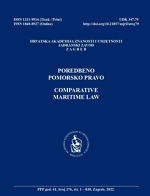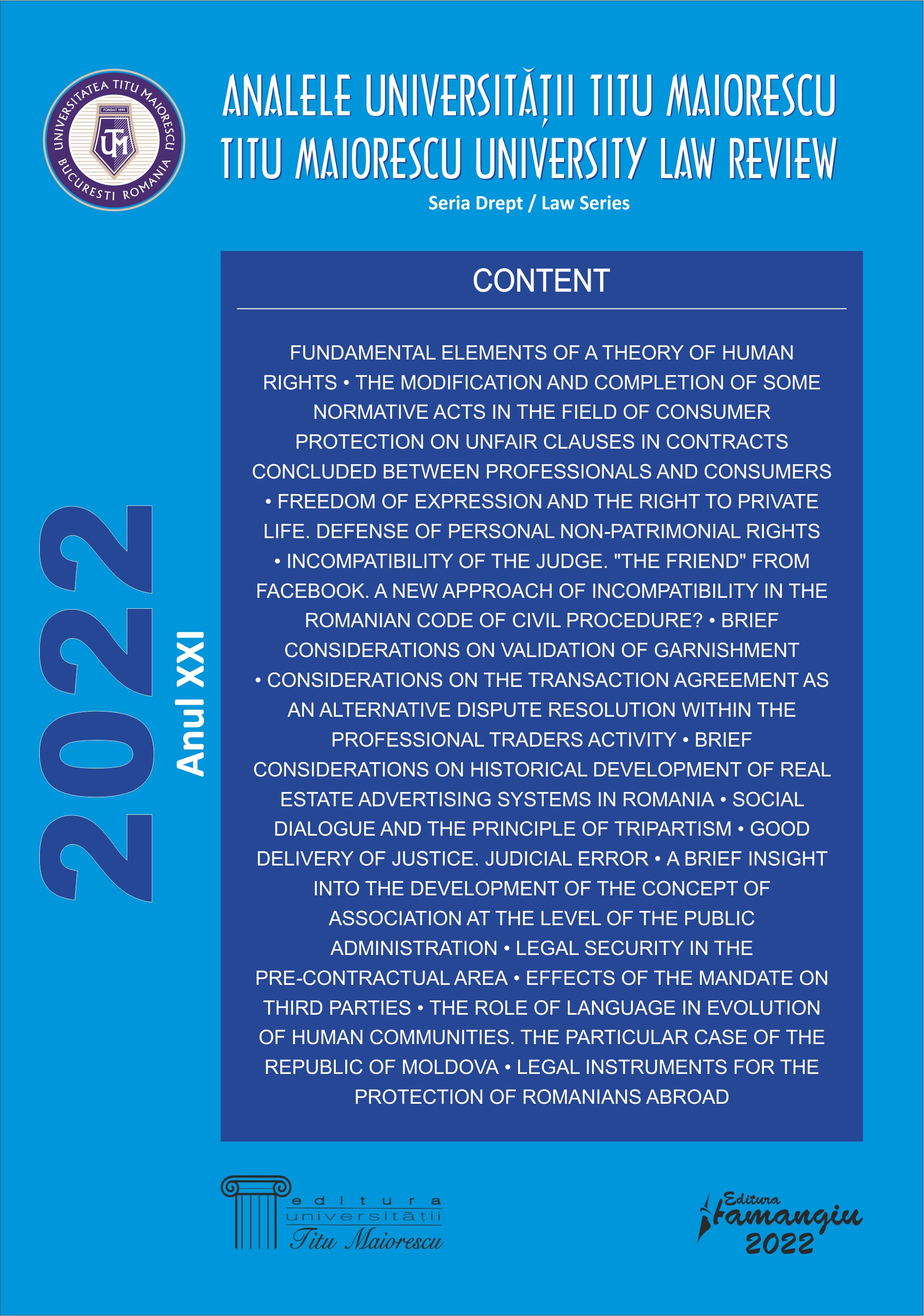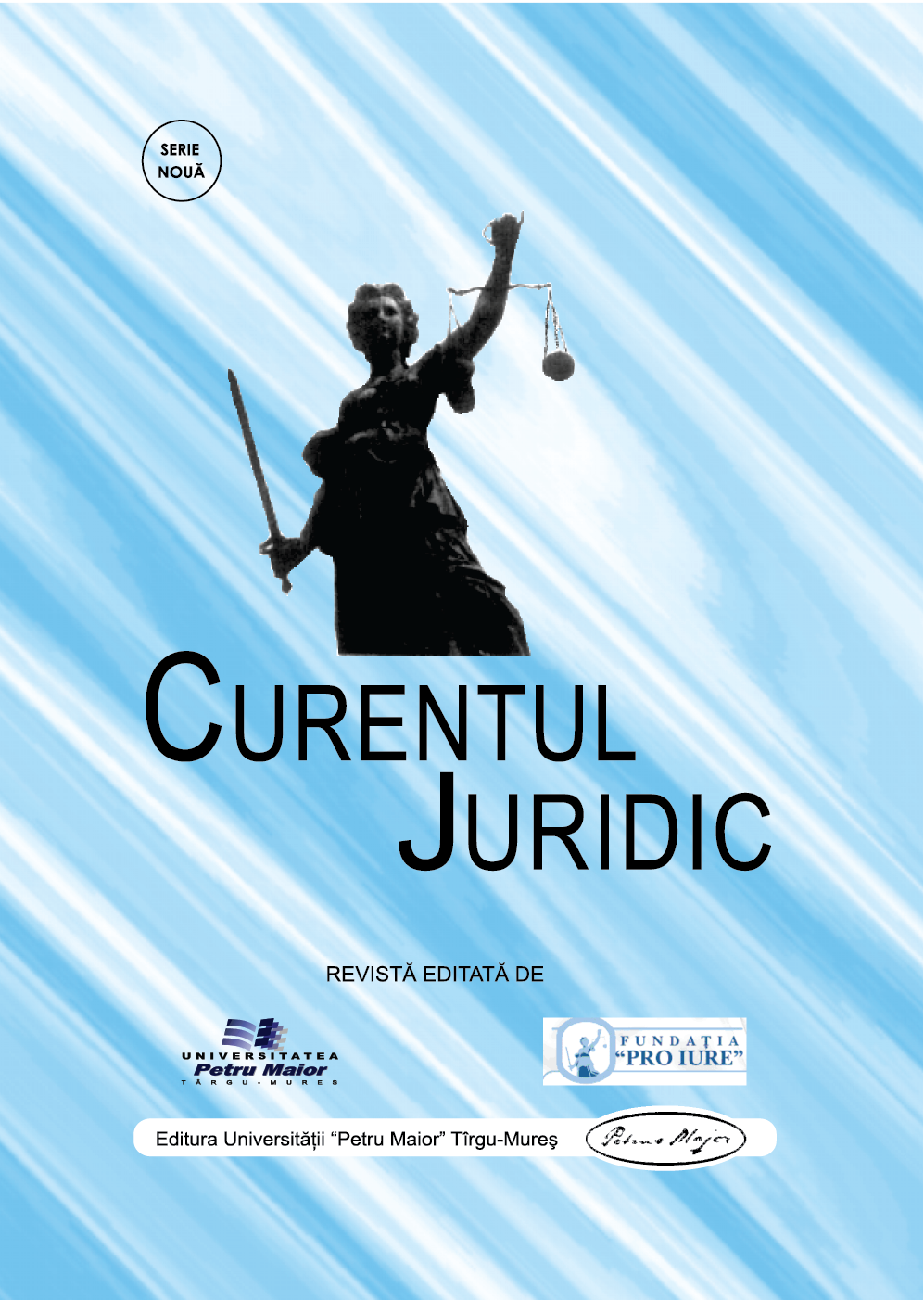Author(s): Dorotea Ćorić,Iva Tuhtan Grgić,Gordan Stanković / Language(s): Croatian
Issue: 176/2022
The paper provides an overview of the Croatian legislative framework governing the matter of liability for marine oil pollution damage caused by ships. In particular, it addresses the issue of compensation for ecological damage, as a specific type of pollution damage to the marine environment. The motive for writing this article was the marine pollution caused following the accident of the ship Fidelity in the Gulf of Raša in July 2018. In the proceedings for the preservation of evidence initiated at the proposal of the County State Attorney’s Office in Pula, Rijeka Commercial Court ordered an expert report to ascertain and assess the environmental damage caused by the spillage of fuel oil. The authors highlight the diversity of approaches to the recognition and assessment of ecological damage at the international level, but also at the national level, i.e., in the Republic of Croatia. The authors present a brief overview of the solutions related to the assessment of environmental damage under general environmental regulations, but also under the special systems of international liability for marine pollution by ships (CLC/Fund 92 and Bunker System) applicable in the Republic of Croatia. In this regard, the authors point out that the general environmental regulations, in determining ecological damage, in addition to compensation for the costs of primary remedial measures, also recognise compensation for losses incurred due to the fact that the damaged resorces and/or natural functions cannot perform their ecological function or perform functions for other assets or the public until the primary measures reach their full effectiveness. Additionally, general environmental regulations also recognise the damage caused to the marine environment itself. The authors particularly emphasise that special Convention systems have a much more restrictive approach to recognising compensation for environmental damage and only recognise compensation for reasonable costs that seek to restore the marine environment to its pre-pollution state. The paper provides an overview of court decisions made following the Erika and Prestige tanker accidents and warns of new trends in the recognition and assessment of environmental damage by national courts, namely deviations from the restrictive approach of the Convention system. Particular attention is given to an analysis of the provisions of the Maritime Code in relation to the recognition of ecological damage. The authors highlight the danger hidden by the separate definition of such damage in Article 49.g of the Maritime Code, in addition to the special regime aligned with the Convention liability systems. In conclusion, it is pointed out that there will most likely be an initiative in the future to revise the agreed solutions regarding the recognition of compensation for ecological damage in cases of sea pollution caused by ships in order to consistently implement the “polluter pays” principle and thus contribute to achieving the sustainable development goals. However, until now, the legal solution of the Maritime Code, which extracts environmental damage and defines it specifically, leads to inconsistent interpretations, and thus legal uncertainty. Hence, the authors propose appropriate de lege ferenda solutions.
More...



